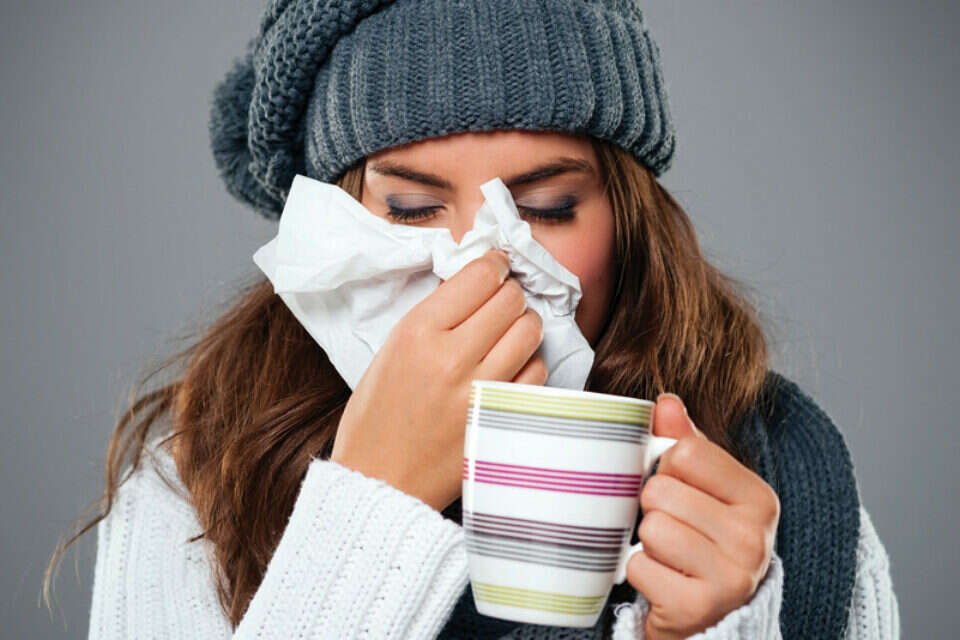Autumn is arriving - including cooler temperatures.
The risk of a cold is increasing - and with regard to Covid-19, the climate change brings about a change.
Almost ten months have now passed since the first Covid-19 case reported in Asia in December 2019.
Researchers and medical professionals have made great strides and understand the disease far better than they did at the beginning of the pandemic.
But there are still some unanswered questions -
such as how the risk of infection changes depending on the season
.
Scientists around the world are researching this topic.
For example, a study by the Ruhr University Bochum has shown that coronaviruses feel comfortable in warm temperatures: the coronavirus * survived a full 17.9 hours on surfaces at 30 degrees Celsius in summer, and remained infectious for 12.9 hours at four degrees Celsius .
A new study is now looking specifically at how coronaviruses behave when exposed to wintry temperatures - with
little reassuring results
.
Also read:
These people tend to stay healthy: Four factors strengthen the immune system - also more protection against Covid-19?
Corona precautionary measures: six meters safety distance?
Scientists from Cyprus had examined the influence of cool temperatures in autumn and winter and high humidity at the same time on the spread of Covid-19.
One of the results of the study: In the cooler season, greater distances could be appropriate to minimize the risk of Covid-19 infection.
Her work focused on the virus-carrying droplets of saliva and their evaporation
.
"If we better understand evaporation as a function of the weather, we can predict the virus concentration and the virus' chances of survival more precisely," said the portal Wissenschaft Aktuell, quoting Dimitris Drikakis from the University of Nicosia, one of the authors of the study.
In a series of simulations in the laboratory, he and his colleague Talib Dbouk tested how exhaled or coughed droplets of saliva with diameters between 25 and 200 micrometers evaporate precisely.
The droplets evaporated fastest at low air humidity and high temperatures.
Ten percent humidity and 40 degrees Celsius meant that the droplets almost completely evaporated after two seconds and were barely detectable from a distance of two meters.
This is not the case with cold temperatures of ten degrees Celsius and high humidity of around 90 percent, which are typical for autumn and winter: virus-carrying droplets flew on and could remain stable in the air for up to five seconds.
Even at a distance of six meters, an infectious concentration in the air should still be expected,
as the researchers from Cyprus warn.
Face masks are therefore especially important in autumn and winter to protect against infection with corona viruses, as the scientists recommend - not only in indoor but also in outdoor areas such as busy pedestrian zones.
(jg)
*
Merkur.de is part of the nationwide Ippen-Digital editors network
.
More sources: https://www.journalofinfection.com/article/S0163-4453(20)30352-2/pdf;
https://aip.scitation.org/doi/10.1063/5.0024272
Read more
: Face mask on, but nose free: Is it really enough to just pull the mask over your mouth?
These viruses and bacteria make us sick
These viruses and bacteria make us sick






